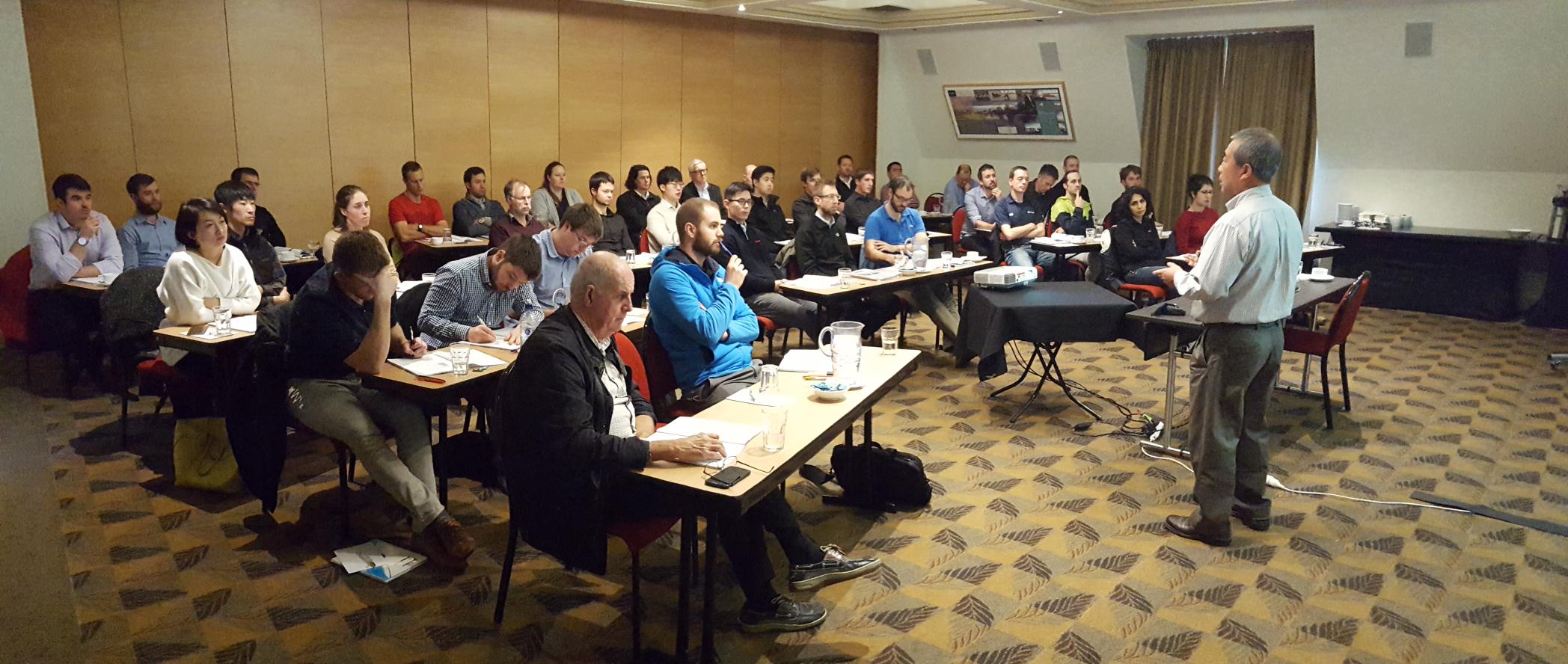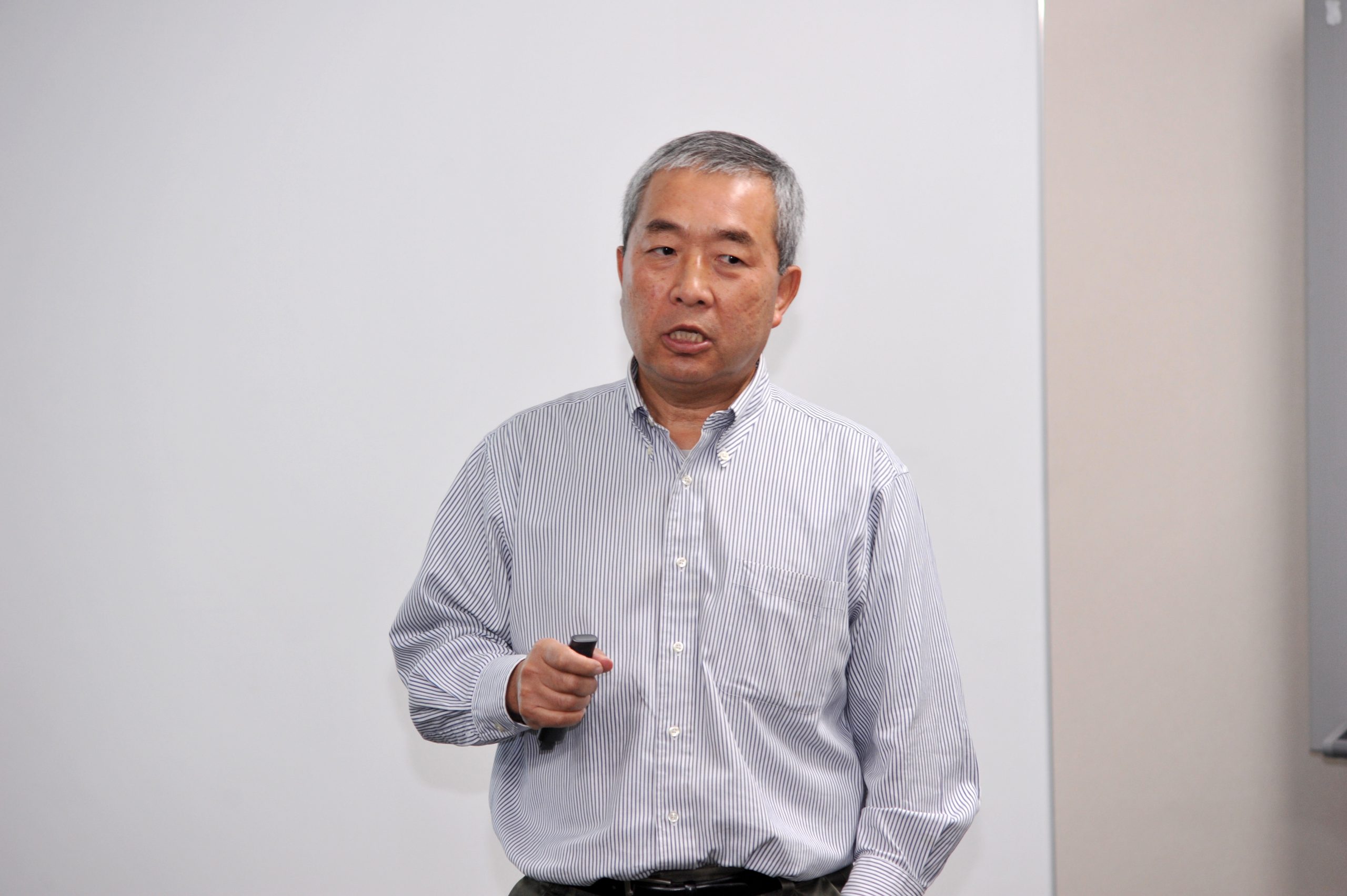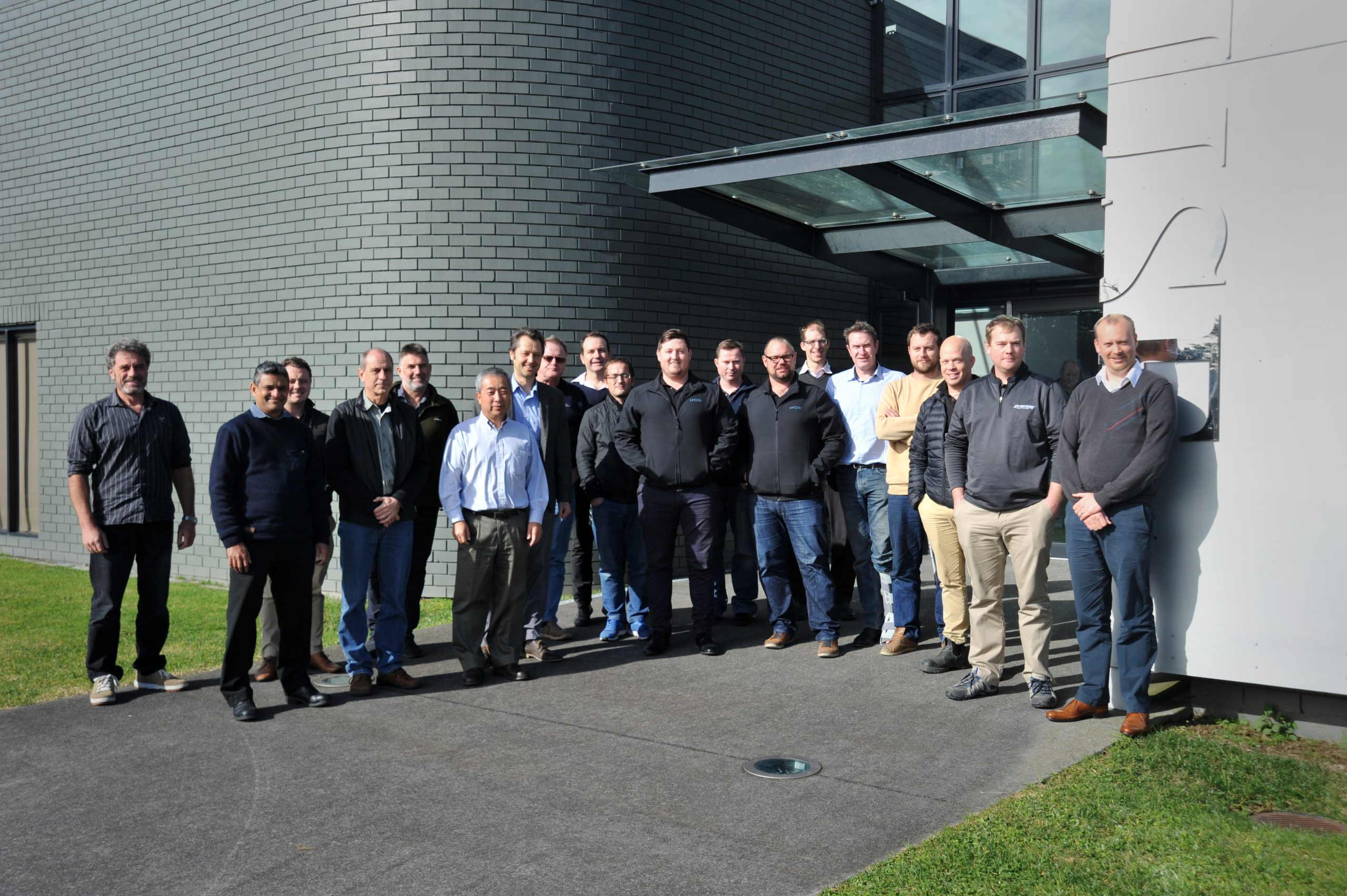Last week was a successful one for our ‘Design for Joint Strength, Fatigue, and Fracture Resistances in Welded Connections’ seminars series.
Taking place in Auckland, Wellington and Christchurch they were presented by University of Michigan Prof. Pingsha Dong. The inventor of the mesh-insensitive structural stress method adopted by the 2007 ASME Div 2 and API 579/ASME FFS-1 Codes and Standards mandated by over 50 countries worldwide.
With over 120 professionals attending, the seminars focused on fatigue (both high-cycle and low-cycle fatigue) evaluation procedures, fitness-for-service based quantitative weld defect acceptance criteria, fracture control and fillet weld sizing criteria.
The seminars effectively addressed several weld design aspects via a series of shared case studies. Giving attendees the knowledge to make appropriate interpretations of existing design and analysis methods included in various codes and standards.
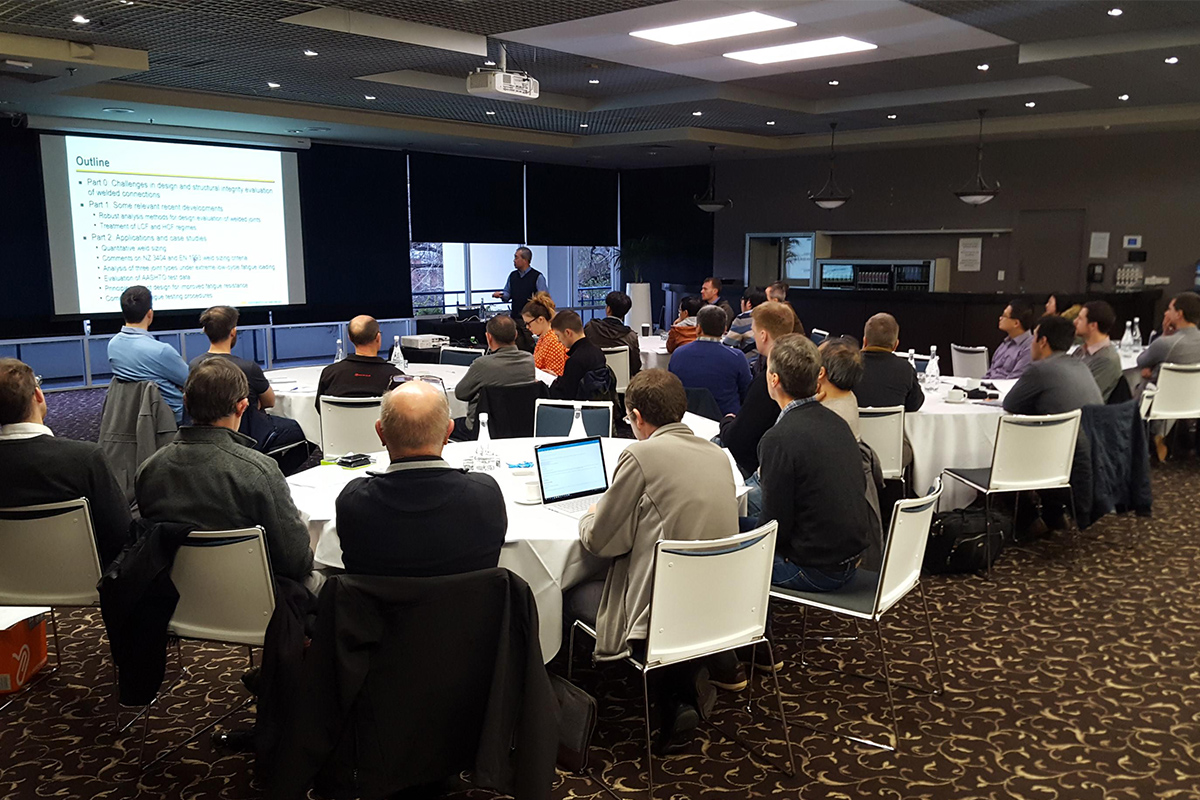
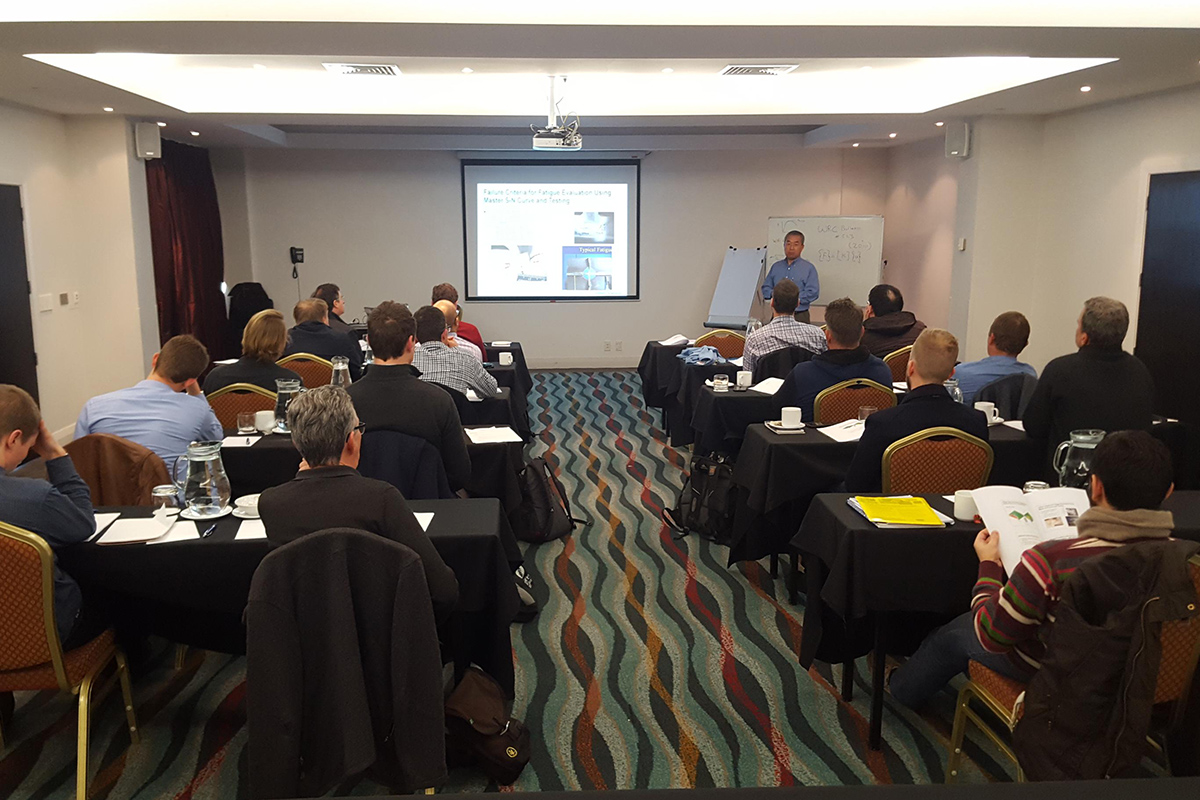
Delivering value-based learnings
For HERA this was a fantastic opportunity for our members and external attendees involved in design of welded connections to learn about cutting edge design procedures. As well as connect with our General Manager Welding Centre Dr Michail Karpenko who facilitated the event and presented on New Zealand standards AS/NZS 5131, 1554 & 3992; AS 4458, AS/NZS ISO 3834 & 9606.1.
Design of welded connections requires careful consideration. Some of the unique issues associated with welding and specific loading environment can greatly impact the reliability of the structure or component and cost-effectiveness of projects. That’s why ensuring our industry is familiar with world leading design procedures is crucial and educational opportunities like this so important.
And with the advent of novel and high-speed craft types we also recognised a need to extend this learning to marine applications. Collaborating with RINA to host an additional seminar targeted at Naval Architects.
Here the content addressed how to specify structural connections to achieve greater performance. Focusing on how to attain good structural detail to mitigate failures occurring in the service life of a craft resulting from fatigue.
